Summary
- Zoro’s strong resolve hides inner struggles like survivor’s guilt and hyper-responsibility.
- His commitment to his crew leads him to neglect his own well-being, prioritizing others.
- Zoro’s emotional suppression masks his struggles, projecting strength for his crew’s sake.
Out of all the Straw Hats, Zoro is definitely the one with the strongest resolve. His ability to remain calm under pressure and assess situations with precision speaks to a mind as disciplined as his swordsmanship. As a warrior, Zoro has clearly trained not only his body but also his psyche to withstand the chaos of life on the Grand Line in One Piece.
Sure, Zoro seems like he has it all under control, but even the strongest swordsman isn’t invincible. While Zoro’s outer demeanor exudes strength and stability, Oda hasn’t made him a one-dimensional character, but instead, he has masterfully (and subtly) portrayed hints of deeper struggles in his character. Much like Luffy—who has struggled with hidden psychological issues for most of the series—Zoro also grapples with inner conflicts that are easy to overlook at first glance. Behind his stoic exterior lies a man burdened by survivor’s guilt, hyper-responsibility, and an unwavering need to uphold his promises.
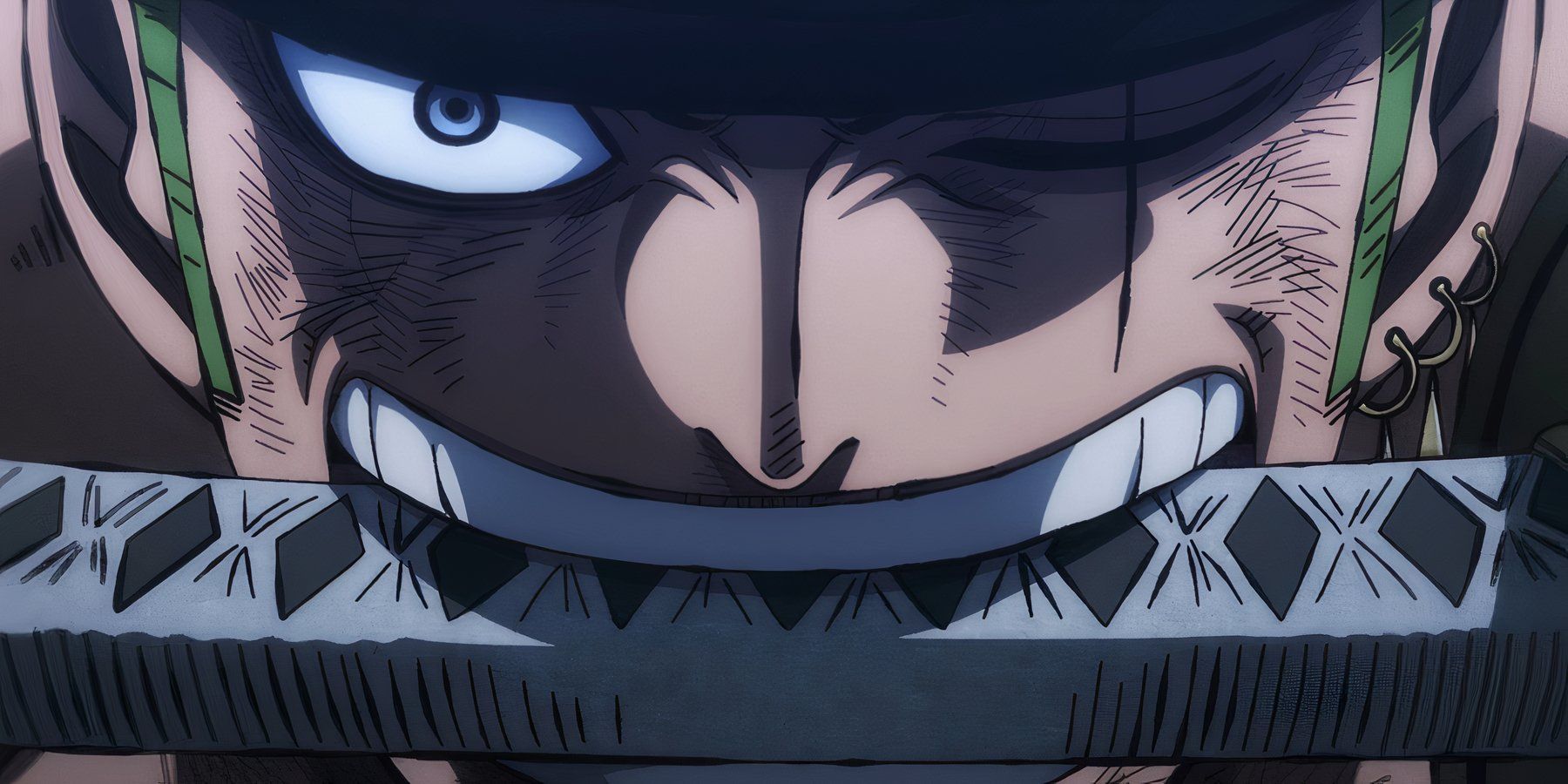
Related
One Piece: How Zoro Was Able to Control Enma, Explained
Zoro’s swords have continued to test his ability, and Enma was no different. With the stakes now higher, how was Zoro able to control Enma?
Zoro: Survivor’s Guilt and the Weight of Responsibility
Zoro’s stoic demeanor and unshakable resolve are trademarks of his character, yet beneath his hardened exterior lies a man burdened by survivor’s guilt and an overwhelming sense of duty. His journey to becoming the world’s greatest swordsman is as much about honoring a lost promise as it is about personal ambition.
Related
One Piece: Zoro’s New Sword After Elbaf, Explained
Zoro will acquire a new sword soon. He will need a powerful sword to reach the top in One Piece.
A Promise Born of Guilt: Kuina’s Death and Its Impact
Zoro’s life took a turn when Kuina, his childhood rival (and somehow, his closest friend), died before either of them could realize their shared dream. In a lot of ways, his unwavering promise to surpass every swordsman alive is not merely a goal but a self-imposed obligation to honor Kuina’s memory. Zoro’s survivor’s guilt fuels his determination, as he seeks to prove himself worthy of the life he was granted and she was not.

Related
One Piece: How Zoro’s Left Eye Will Be Key To Beating Mihawk
Zoro’s left eye is a major mystery in One Piece. It could be the key to defeating Mihawk.
Carrying Pain in Silence: Thriller Bark’s ‘Nothing Happened’
Zoro’s survivor’s guilt manifests not only in his drive for greatness but also in his willingness to shoulder the burdens of others. In the Thriller Bark arc, Zoro’s defining moment came when he silently endured Luffy’s pain and injuries. By taking on the unbearable suffering of his captain, Zoro demonstrated his hyper-responsibility—a tendency to take on excessive accountability for the well-being of others.
“You’ll never understand…your swords will never be as heavy as mine!”
This act of silent sacrifice wasn’t just an expression of loyalty; it was Zoro’s way of atoning for his perceived failures. His stoic declaration afterward—”Nothing happened”—reflects his deep-seated belief that his pain is insignificant compared to the responsibility he feels toward his crew.
Zoro’s tendency toward hyper-responsibility often leads him to neglect his own well-being. His commitment to protecting his crew, even at the expense of his health, reveals a man who prioritizes others to the point of self-destruction. The Sabaody Archipelago arc highlights this trait vividly; despite still recovering from his near-fatal injuries at Thriller Bark, Zoro fought fiercely to ensure his crew’s safety. His refusal to acknowledge his pain stems from a belief that vulnerability equates to weakness—a dangerous mindset that underscores his emotional suppression.
Emotional suppression, for Zoro, is a coping mechanism. He masks his own struggles, opting to project strength for the sake of his crew. By doing so, he avoids burdening others with his emotional pain, maintaining a facade of unshakable resolve.
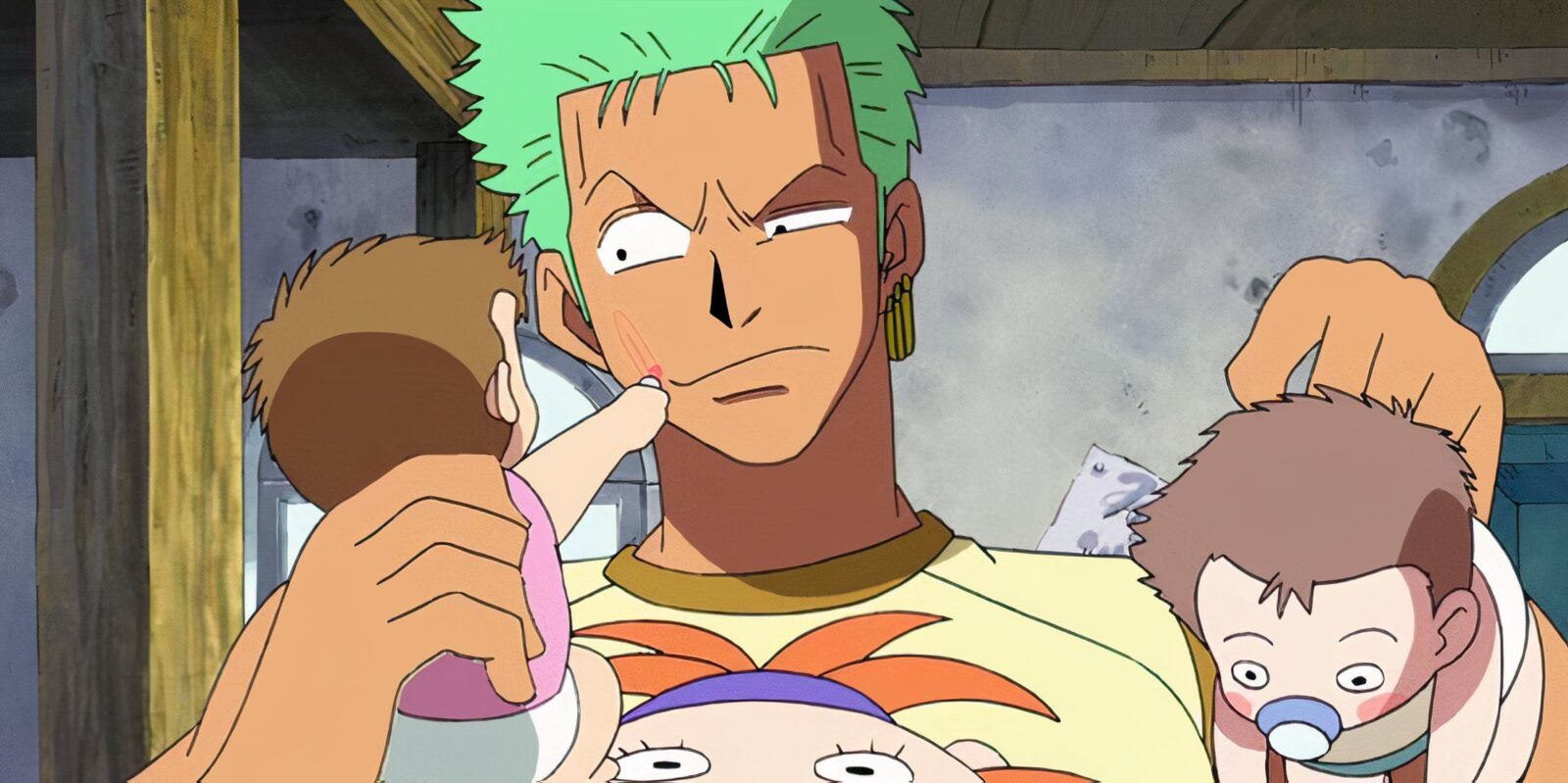
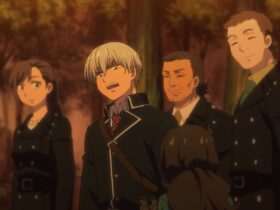
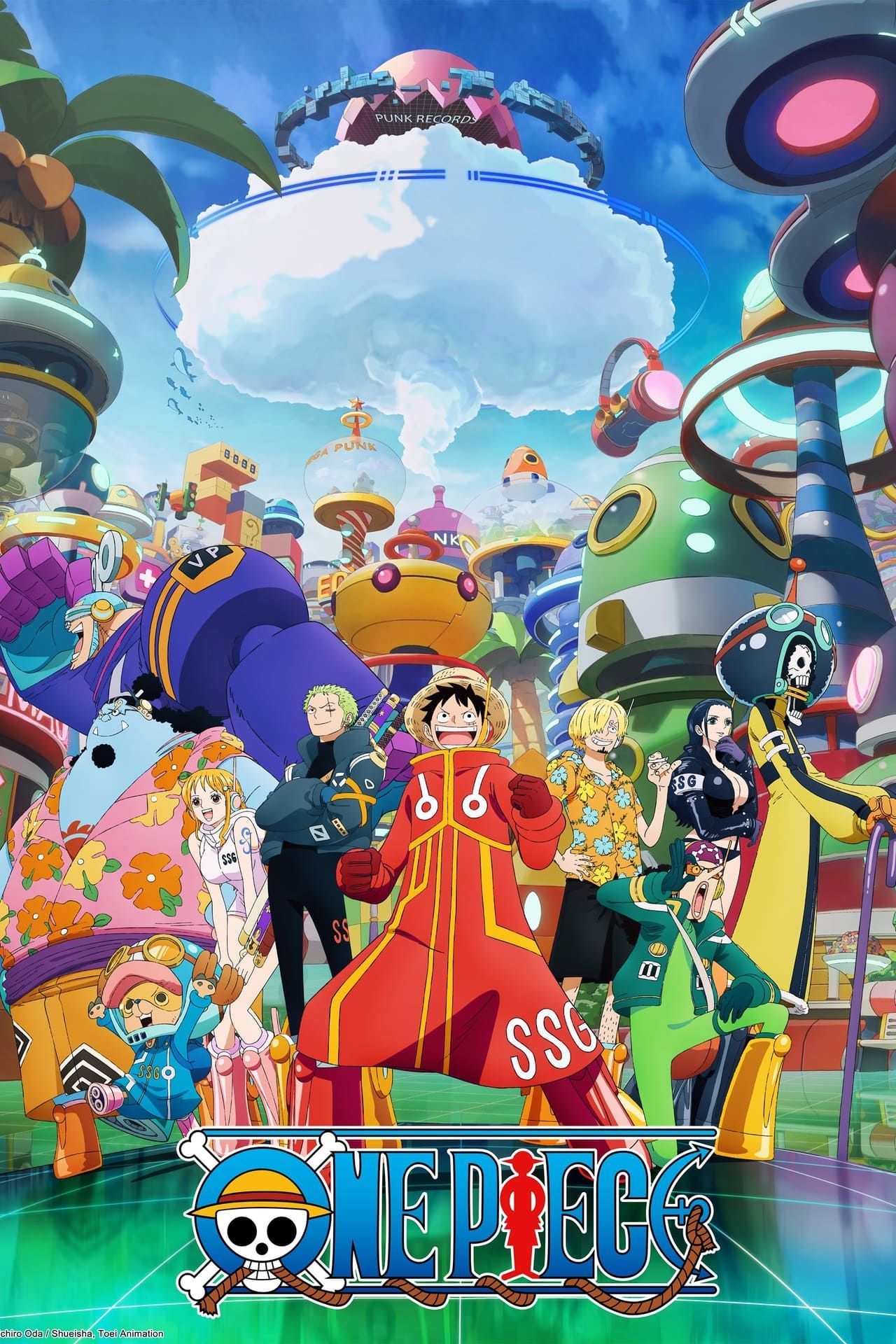
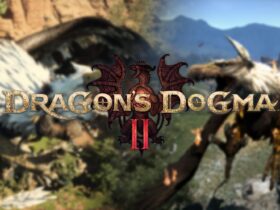

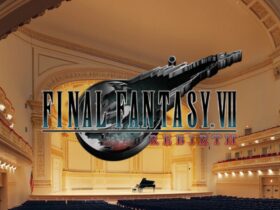

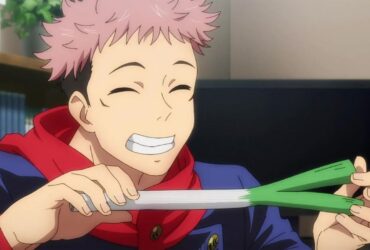
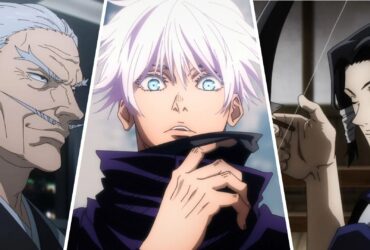
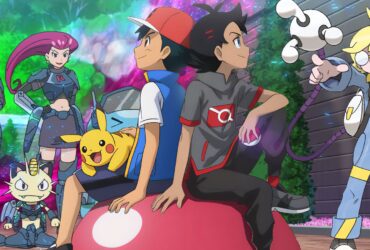
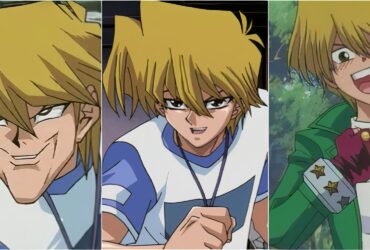
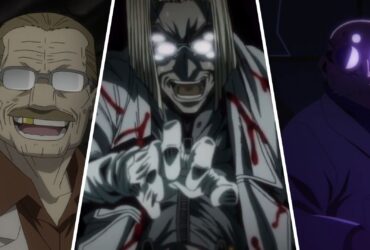
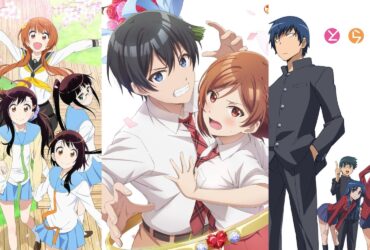
Leave a Reply